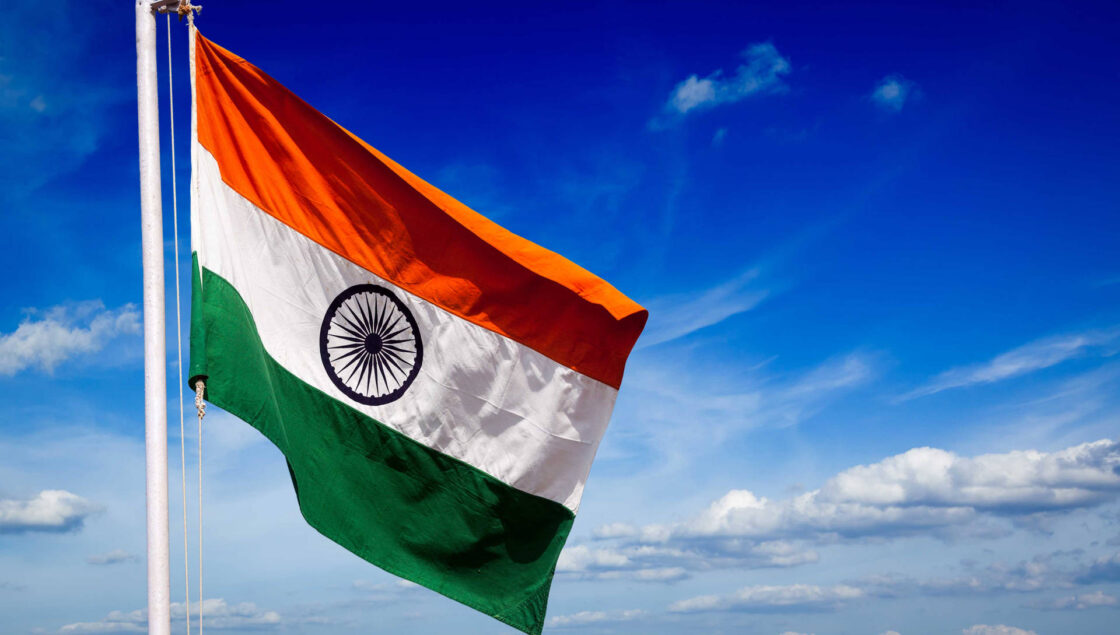India’s 28% GST on Online Gaming and Casinos to be Implemented from October 1

The Indian Union Finance Minister, Nirmala Sitharaman, recently shared that the 28% Goods and Services Tax (GST) will soon be applied to the full face value of online gaming, casinos, and horse racing. This new tax is expected to go into effect starting October 1. The GST Council has already established the guidelines for calculating the supply value to determine the appropriate tax for online gaming and casinos.
Worries about the 28% tax rate
At a press conference, Sitharaman clarified that a few states, such as Delhi, Goa, and Sikkim, have expressed worries regarding the 28% GST on online gaming and casinos, as it has been negatively impacting their earnings. Goa has urged for the tax to be levied on Gross Gaming Revenue (GGR) instead of the face value, whereas Sikkim has requested a reassessment of casinos.
It has been decided by the GST Council to conduct a review of the decision six months after October 1, 2023. The latest tax structure will involve a 28% GST charge at the entry level, which will be calculated based on the amount deposited in the online platform, excluding the amount used in games/bets or the overall value (bet plus profit). This implies that GST will not be applied to every bet or earnings.
Setback for the Indian online gaming industry?
Representing 50 Indian online gaming companies, the Federation of Indian Fantasy Sports (FIFS) and E-Gaming Federation (EGF) have shown appreciation for the government’s address of the industry’s concerns regarding repeat taxation.
However, they have expressed concerns about the 350% increase in GST, which they believe will cause a setback for the Indian online gaming industry for several years due to its burdensome nature.
According to government sources, the tax rate of 28% on online gaming and casinos will remain in place and they suggest that taxing the gross value is the best approach to prevent any issues in businesses that have a lack of transparency.
Additionally, they believe that products such as online gaming, which are considered “sin goods,” should be heavily taxed due to concerns over young children spending excessive amounts of money on these games. The government will not differentiate between games of skill and games of chance, as long as there is money involved in the game.
